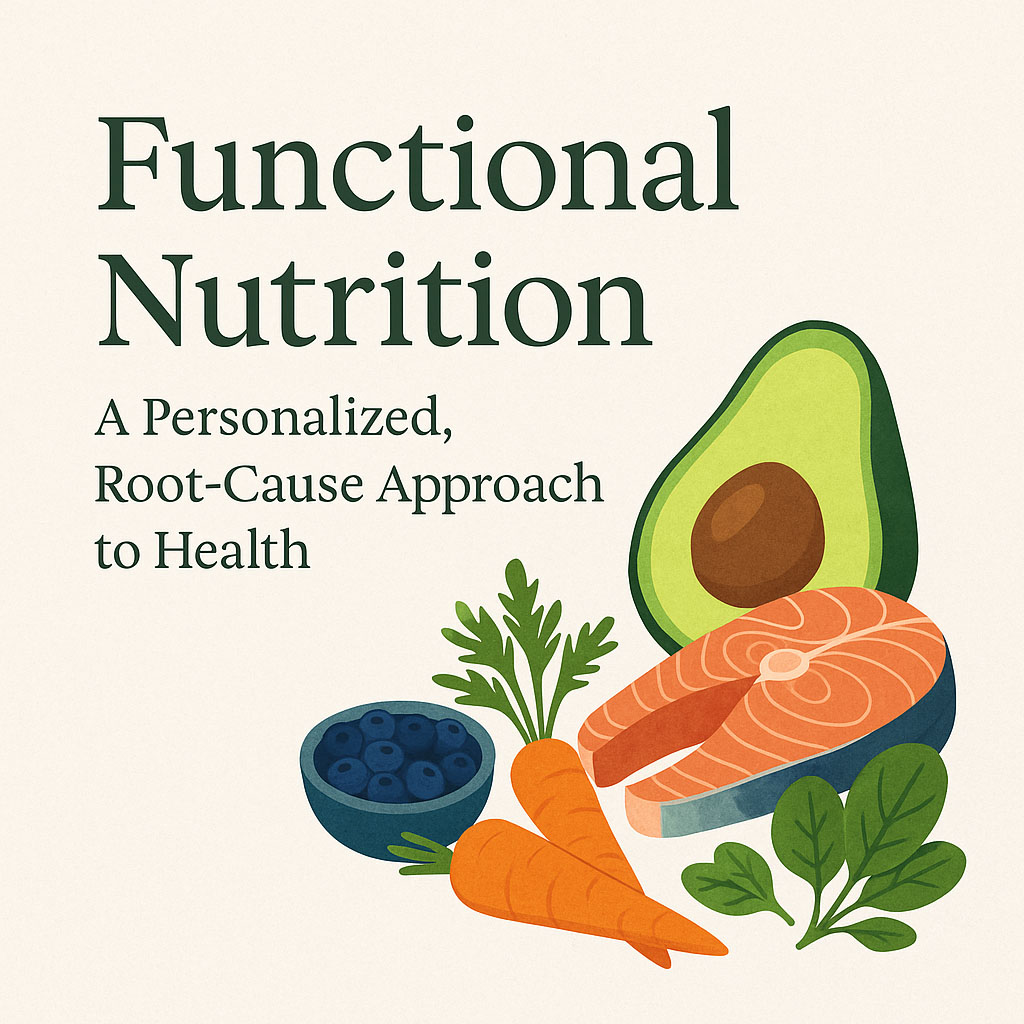Mould is a pervasive problem that often lurks unnoticed in homes and workplaces. While it may seem like a minor inconvenience, its implications for health can be severe and far-reaching. From triggering allergies to contributing to chronic illnesses, mould’s impact on well-being should not be underestimated. In this blog post, we’ll explore how mould affects health, who is most at risk, and the steps you can take to safeguard yourself and your loved ones.
What Is Mould?
Mould is a type of fungus that thrives in damp, humid environments. It spreads through microscopic spores that float in the air, settling on moist surfaces where it can grow. Common indoor locations include bathrooms, basements, kitchens, and areas affected by water damage.
While some mould species are harmless, others produce mycotoxins—compounds that can be toxic to humans and animals. Regardless of the type, mould exposure can have serious health consequences, particularly for vulnerable populations.
Health Consequences of Mould Exposure
1. Respiratory Problems
Mould spores are a significant trigger for respiratory issues. When inhaled, these spores can irritate the airways, leading to:
- Allergic reactions, such as sneezing, coughing, and runny nose.
- Asthma flare-ups, with symptoms like wheezing and shortness of breath.
- Chronic sinus infections, causing persistent nasal congestion and headaches.
Prolonged exposure to mould can exacerbate existing respiratory conditions and even lead to the development of new ones, especially in those with compromised immune systems.
2. Allergic Reactions
Mould is a common allergen, with symptoms ranging from mild to severe. These reactions occur when the immune system overreacts to mould spores, resulting in:
- Itchy eyes, throat, or skin.
- Rashes or hives.
- Nasal congestion and sinus pressure.
For individuals with mould allergies, even small amounts of exposure can trigger significant discomfort.
3. Mycotoxin-Related Illnesses
Some mould species, such as Stachybotrys chartarum (commonly known as black mould), produce mycotoxins. Exposure to these toxic compounds can lead to a range of symptoms, including:
- Fatigue and weakness.
- Headaches and migraines.
- Difficulty concentrating or memory issues (often referred to as “brain fog”).
- Muscle pain and cramps.
- Nausea and digestive disturbances.
Long-term exposure to high levels of mycotoxins has been linked to more severe health outcomes, including organ damage and neurotoxicity.
4. Skin and Eye Irritation
Direct contact with mould or its spores can cause:
- Red, itchy, or inflamed skin.
- Eye irritation, such as redness, watering, or a burning sensation.
These symptoms are particularly common in individuals handling mouldy materials or living in environments with high mould spore concentrations.
5. Mental Health Impacts
Emerging research suggests that mould exposure may also affect mental health. Chronic exposure to mould and mycotoxins has been associated with:
- Increased rates of anxiety and depression.
- Cognitive impairments, such as reduced attention span or difficulty processing information.
While more studies are needed, the potential link between mould and mental health highlights the importance of addressing mould issues promptly.
6. Vulnerable Populations
Certain groups are more susceptible to the health effects of mould, including:
- Infants and children, whose developing immune systems are more sensitive.
- Elderly individuals, who may have weakened immunity or pre-existing health conditions.
- People with asthma or respiratory conditions, who are more likely to experience severe reactions.
- Those with compromised immune systems, such as individuals undergoing chemotherapy or living with autoimmune diseases.
If you or a loved one falls into one of these categories, it’s critical to minimise exposure to mould.
How to Recognise Mould-Related Illnesses
Mould-related health issues can mimic other conditions, making diagnosis challenging. Signs to watch for include:
- Persistent cold-like symptoms that don’t improve over time.
- Asthma or allergy symptoms that worsen indoors.
- Unexplained fatigue, headaches, or brain fog.
- Frequent respiratory infections or sinus problems.
If you suspect mould is affecting your health, consult a healthcare professional and consider an environmental assessment of your living or working space.
What Can Be Done to Minimise Mould’s Health Impact?
1. Prevention
- Control humidity: Maintain indoor humidity levels between 30–50% using dehumidifiers or air conditioners.
- Fix leaks promptly: Repair plumbing or roof leaks to prevent water accumulation.
- Improve ventilation: Use exhaust fans in bathrooms and kitchens to reduce moisture build-up.
- Inspect and clean regularly: Check for mould in high-risk areas like basements and window sills, and clean any visible growth with appropriate solutions.
2. Remediation
If mould is already present, professional remediation may be necessary, especially for large infestations or toxic mould species. Steps include:
- Identifying the source of moisture and addressing it.
- Removing contaminated materials, such as carpets or drywall.
- Cleaning affected surfaces with mould-killing products.
DIY mould removal may be possible for small areas, but protective gear (e.g., gloves, masks) is essential to avoid exposure.
3. Supporting Your Health
If you’ve been exposed to mould, consider these strategies to support your recovery:
- Air purification: Use HEPA air purifiers to reduce mould spores in your environment.
- Anti-inflammatory diet: Consume nutrient-rich foods to support immune function and reduce inflammation.
- Seek medical advice: A healthcare provider can help identify and manage mould-related health issues.
When to Seek Expert Help
If you’re experiencing persistent health problems or suspect mould in your home or workplace, it’s time to take action. Mould can have serious, long-lasting effects on your well-being, but addressing the issue can make a significant difference.
Bei Aspirant Health, we specialise in helping individuals manage health risks, including those associated with mould. Our team of experts can provide comprehensive assessments and personalised recommendations to protect your health
Conclusion: Your Health Is Worth It
Mould is not just a nuisance—it’s a health hazard that deserves your attention. From respiratory problems to mental health concerns, the potential consequences of mould exposure are too serious to ignore.
Don’t wait—take control of your health today.


